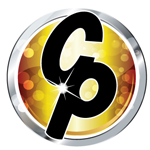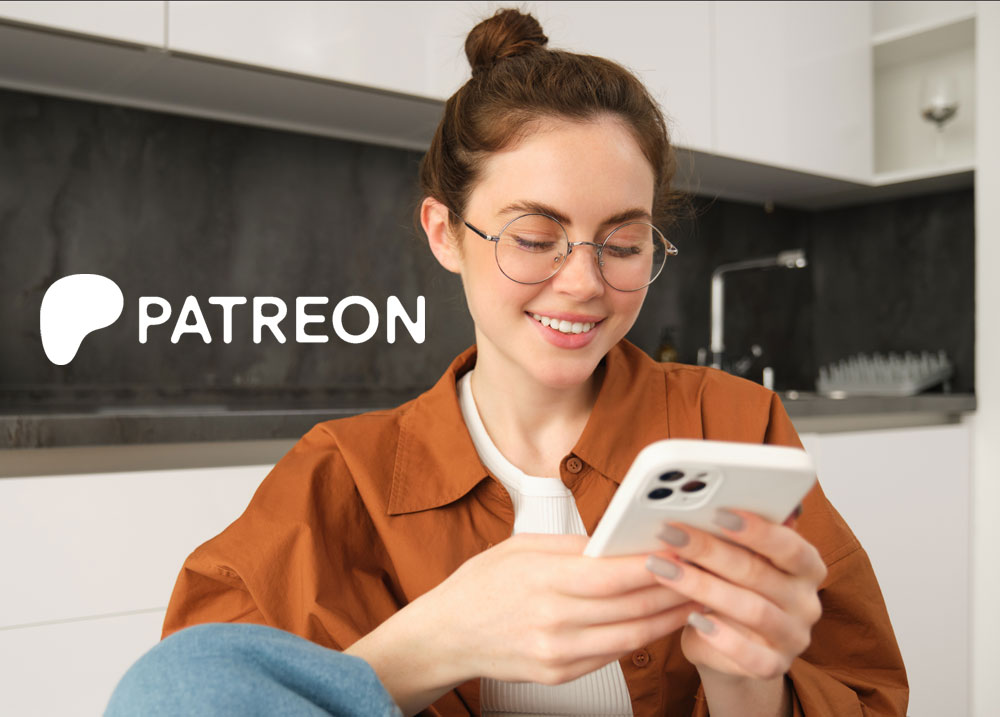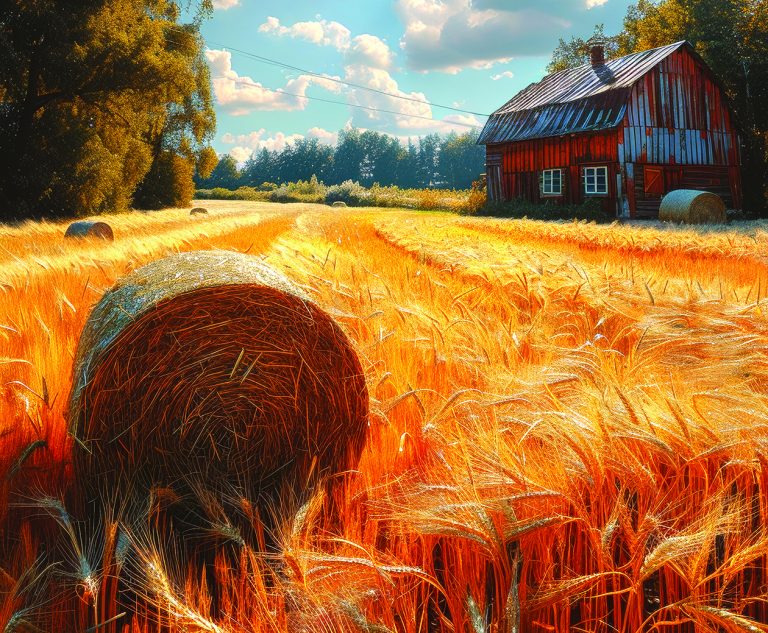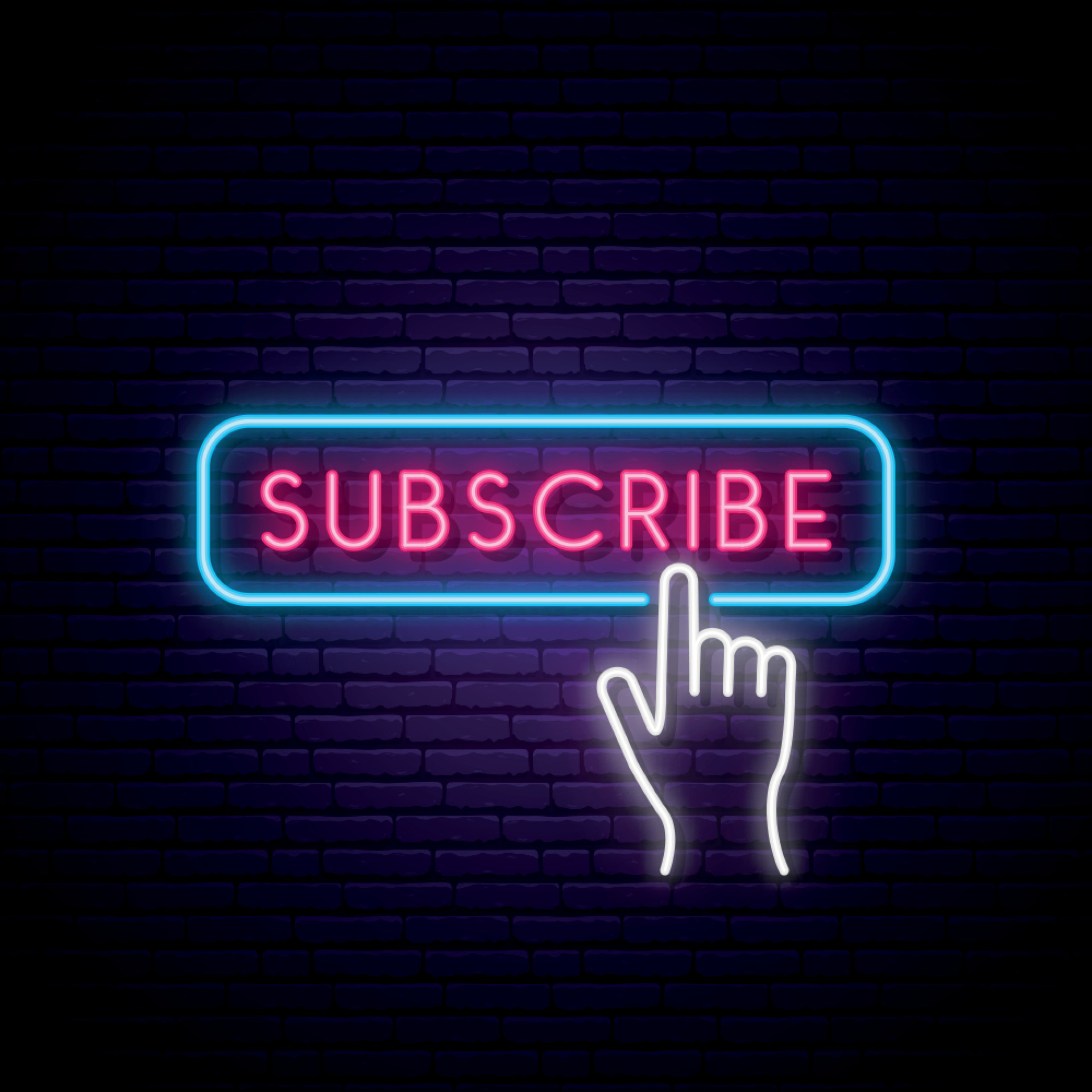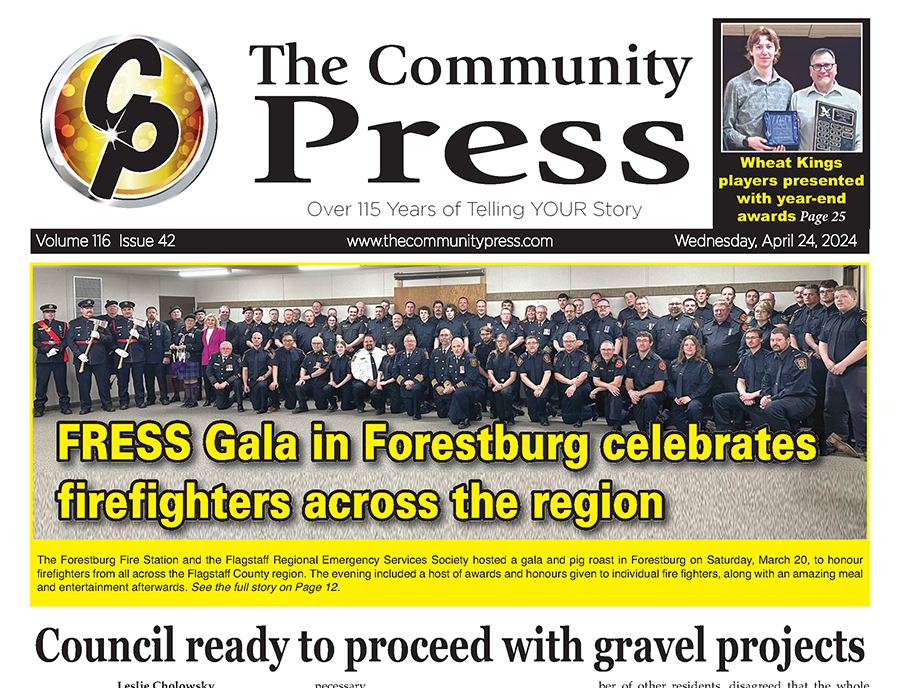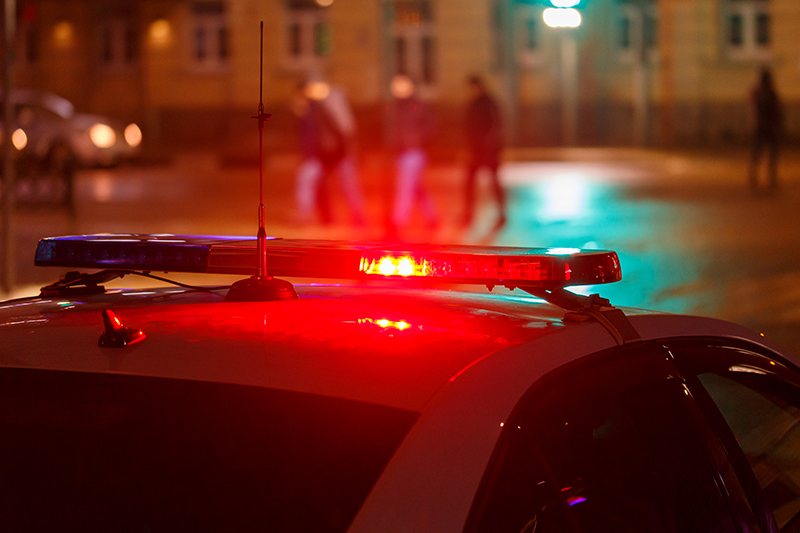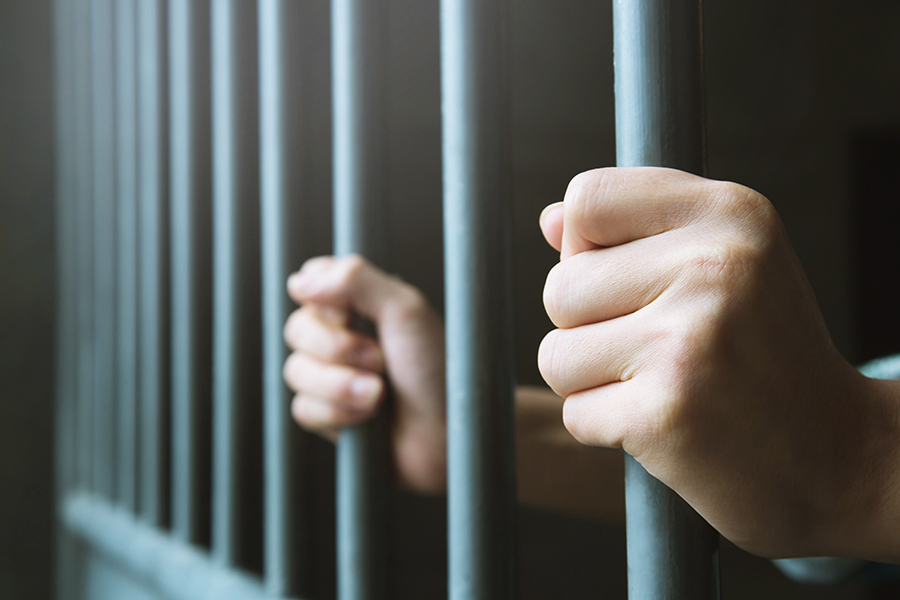Paper isn’t just paper, at least when it comes to recycling
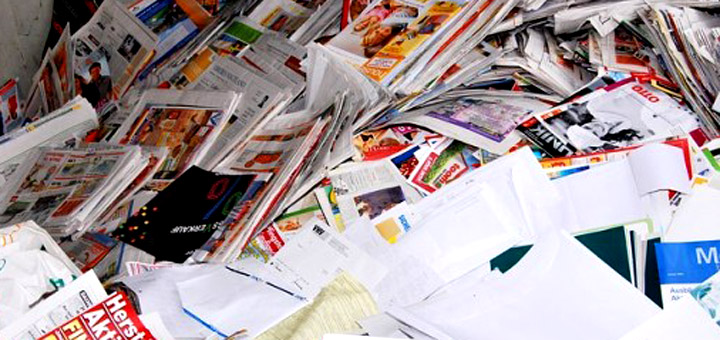
When it comes to recycling, the term ‘paper’ encompasses a very broad spectrum of materials, and really isn’t very helpful when trying to make a decision to toss it or recycle it.
There area few different categories of paper, with different markets, some commanding a high dollar-per-tonne value.
Flagstaff Waste is looking to get the most bang for their recycling buck, and that’s why they are looking at changes to their recycling programs this fall.
There will now be two different paper recycling bins at each recycling point in the region, one for newsprint only, one for bond (office paper) only.
Newsprint, from newspapers and flyers, has several end uses, and therefore good markets for resale, Hampshire says. “However, if mixed with any other paper products, its usefulness diminishes.”
Office paper, or bond paper, like that used in photocopiers and printers, is the highest quality paper, and pays the most to recycle, if it is pure.
Understanding what different types of paper look and feel like can help make home recycling stations produce high-quality products that allow Flagstaff Waste to find good markets for, and reduce the amount of contamination that turns tonnes of paper into trash.
Books, while made of paper, are not recyclable as bond or newsprint.
Bond paper is typically that used by computers, for writing, and is typically white.
Bond paper is still acceptable if it has some staples, paper clips, or glue, like envelope glue.
Brown kraft envelopes are not considered bond, nor are file folders. Carbon interleaf paper, contaminated bond paper, pressboard, and plastic are not considered acceptable in a “bond” recycling bin, and should be put into the trash.
There are so many types of paper which are not newsprint, or bond, it’s easier to describe what is recyclable than what is not.
Paper recycling is especially susceptible to wish-cycling, where one puts an item into recycling either wishing they are guessing correctly, or wishing the item was recyclable. It’s not very helpful.
When in doubt, when it comes to paper recycling, throw it out, and let us try to keep the new bins as pure as possible.
We all own Flagstaff Waste Management, the same as we all own our individual communities, and we should all take pride in recycling correctly.
Read the full story and all the coverage in the latest edition of The Community Press – on newsstands now!
Print is still the most effective medium. Attract LOCAL customers by supporting LOCAL media. ADVERTISE!
ads@thecommunitypress.com
Leslie Cholowsky
Editor
